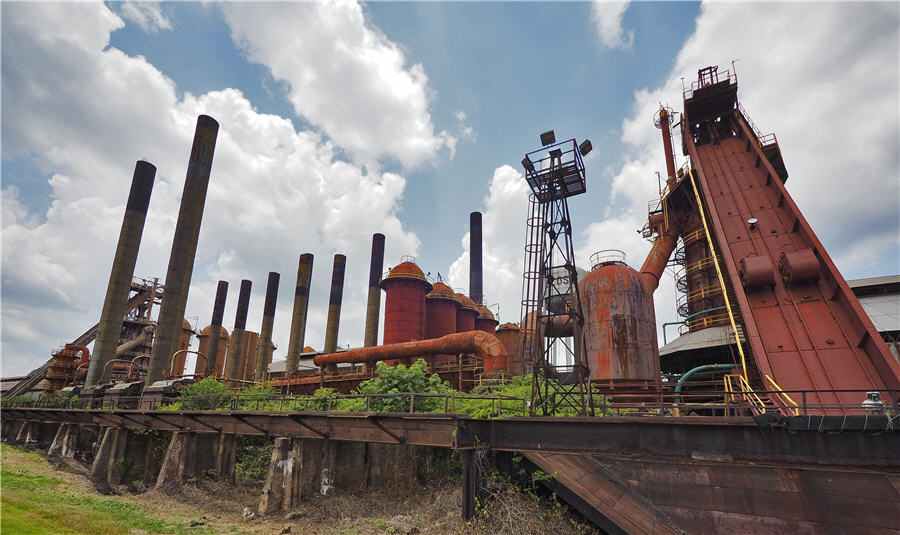Saudi Arabia registers lowest annual inflation rate since July 2022

Collected Image
Saudi Arabia’s annual inflation eased in March, marking the lowest rate of price growth since July 2022. On a monthly basis, the kingdom’s consumer price index slowed to 2.7 per cent in March 2023 from 3 per cent in February, according to Saudi Arabia’s General Authority for Statistics (Gastat). The headline reading for March 2022 was 2 per cent.
Compared with March 2022, the latest CPI survey showed that rents were the main driver of inflation in March 2023, with housing costs increasing 8.7 per cent, driven by higher apartment rents, which soared 22 per cent. Rents account for 21 per cent of the Saudi consumer basket.
Restaurant and hotels prices surged by 6.3 per cent last month as catering costs increased by an equal amount, while transport prices increased by 1.8 per cent.
Education prices also increased 3.1 per cent in March, mainly resulting from the increase in pre-primary and primary education fees by 4.6 per cent, the latest data shows.
Personal goods and services prices, on the other hand, decreased by 0.4 per cent, due to the decrease in domestic workers’ recruitment fees. Clothing and footwear prices also declined by 2.2 per cent as garment prices fell during the month.
The Arab world’s largest economy continues to recover from the coronavirus pandemic-induced slowdown on the back of higher oil prices and diversification efforts by the government.
Last week, the kingdom launched four special economic zones that will offer companies financial and non-financial incentives as the country seems to attract more foreign investment and position itself as a global business centre.
The new zones will focus on the key growth sectors of advanced manufacturing, cloud computing, medical technology and maritime.
Saudi Arabia was the fastest growing economy among the world’s 20 biggest economies in 2022, according to the Organisation for Economic Co-operation and Development.
Meanwhile, compared with February of this year, the consumer price index in March increased by 0.1 per cent.
Food and beverage prices during the month fell 0.4 per cent, while furnishings, household equipment and maintenance prices declined 0.5 per cent, the latest data shows.
Housing, water, electricity, gas and other fuels prices, on the other hand, rose by 0.4 per cent compared to the previous month as a result of the increase in rents for housing by 0.4 per cent.
Transport prices increased by 0.2 per cent, mainly due to the increase in transport services prices by 3.6 per cent, while personal goods and services prices increased by 0.3 per cent, and restaurants and hotels prices rose by 0.1 per cent during the month, according to the data.
Business activity in Saudi Arabia’s non-oil private sector economy remained robust in March with the latest purchasing managers' index remaining in expansionary territory as output and new business accelerated, further supporting employment growth in the kingdom.
Compared with March 2022, the latest CPI survey showed that rents were the main driver of inflation in March 2023, with housing costs increasing 8.7 per cent, driven by higher apartment rents, which soared 22 per cent. Rents account for 21 per cent of the Saudi consumer basket.
Restaurant and hotels prices surged by 6.3 per cent last month as catering costs increased by an equal amount, while transport prices increased by 1.8 per cent.
Education prices also increased 3.1 per cent in March, mainly resulting from the increase in pre-primary and primary education fees by 4.6 per cent, the latest data shows.
Personal goods and services prices, on the other hand, decreased by 0.4 per cent, due to the decrease in domestic workers’ recruitment fees. Clothing and footwear prices also declined by 2.2 per cent as garment prices fell during the month.
The Arab world’s largest economy continues to recover from the coronavirus pandemic-induced slowdown on the back of higher oil prices and diversification efforts by the government.
Last week, the kingdom launched four special economic zones that will offer companies financial and non-financial incentives as the country seems to attract more foreign investment and position itself as a global business centre.
The new zones will focus on the key growth sectors of advanced manufacturing, cloud computing, medical technology and maritime.
Saudi Arabia was the fastest growing economy among the world’s 20 biggest economies in 2022, according to the Organisation for Economic Co-operation and Development.
Meanwhile, compared with February of this year, the consumer price index in March increased by 0.1 per cent.
Food and beverage prices during the month fell 0.4 per cent, while furnishings, household equipment and maintenance prices declined 0.5 per cent, the latest data shows.
Housing, water, electricity, gas and other fuels prices, on the other hand, rose by 0.4 per cent compared to the previous month as a result of the increase in rents for housing by 0.4 per cent.
Transport prices increased by 0.2 per cent, mainly due to the increase in transport services prices by 3.6 per cent, while personal goods and services prices increased by 0.3 per cent, and restaurants and hotels prices rose by 0.1 per cent during the month, according to the data.
Business activity in Saudi Arabia’s non-oil private sector economy remained robust in March with the latest purchasing managers' index remaining in expansionary territory as output and new business accelerated, further supporting employment growth in the kingdom.
Source: https://www.thenationalnews.com
Tags :
Previous Story
- Saudi Arabia launches four special economic zones to...
- Business activity in Saudi Arabia remained robust in...
- Saudi Aramco to start building China refinery and...
- Saudi Arabia deposits $5bn in Turkey's central bank
- Saudi Aramco's VC arm leads $14m Japanese drone-tech...
- Saudi Ports Authority signs deal to build $27m...
- Khaybar Volcano Camp opens in Saudi Arabia surrounded...
- GCC central banks raise interest rates after Fed's...